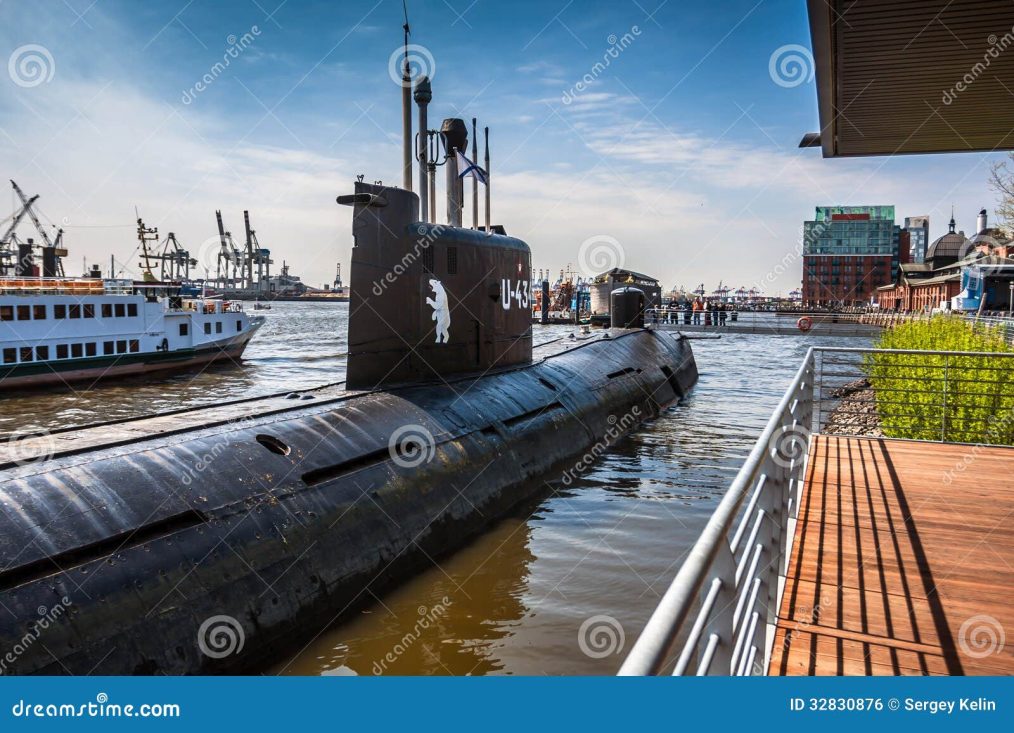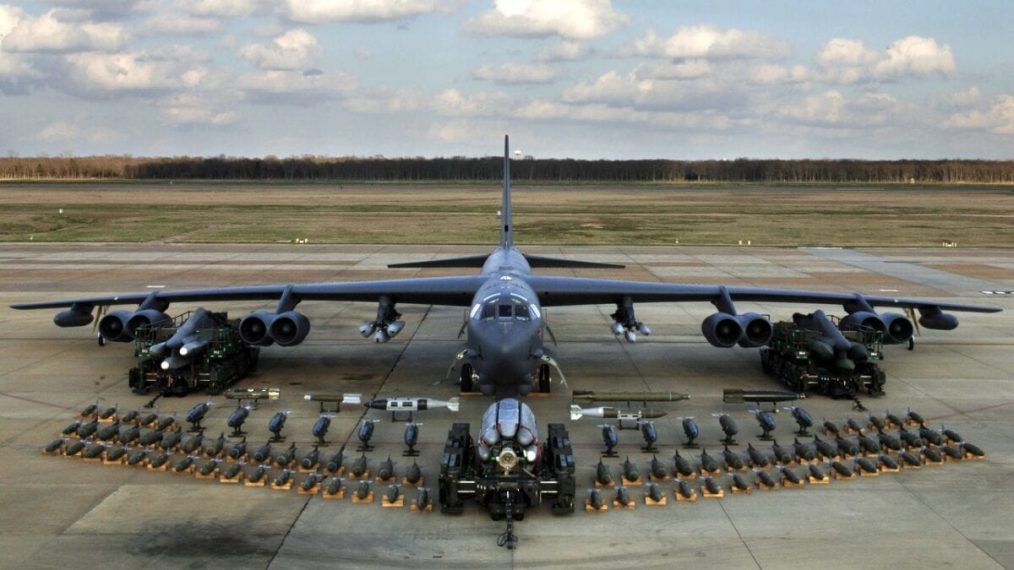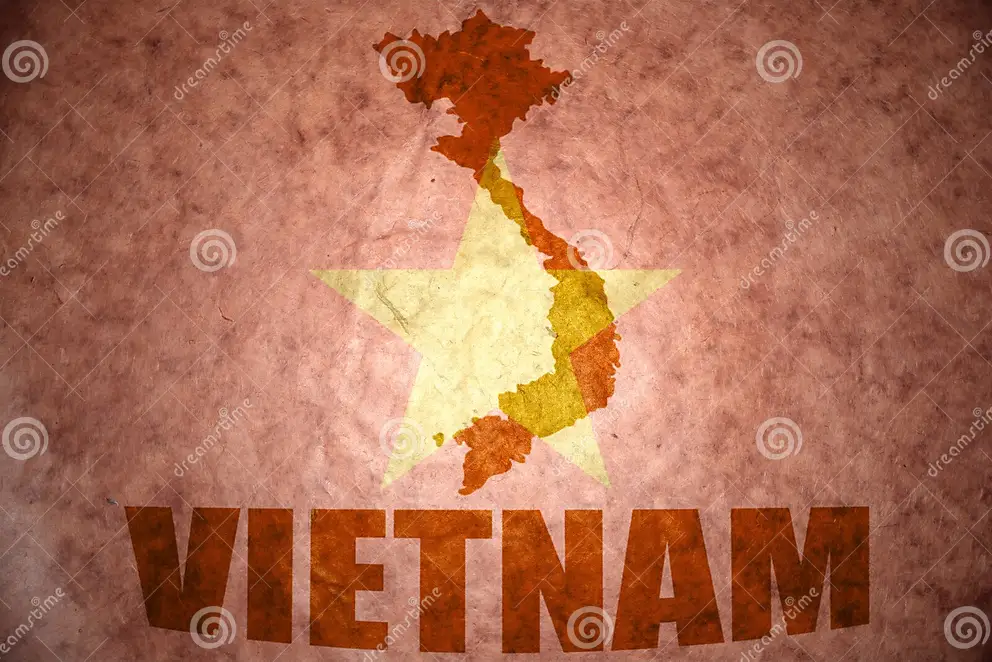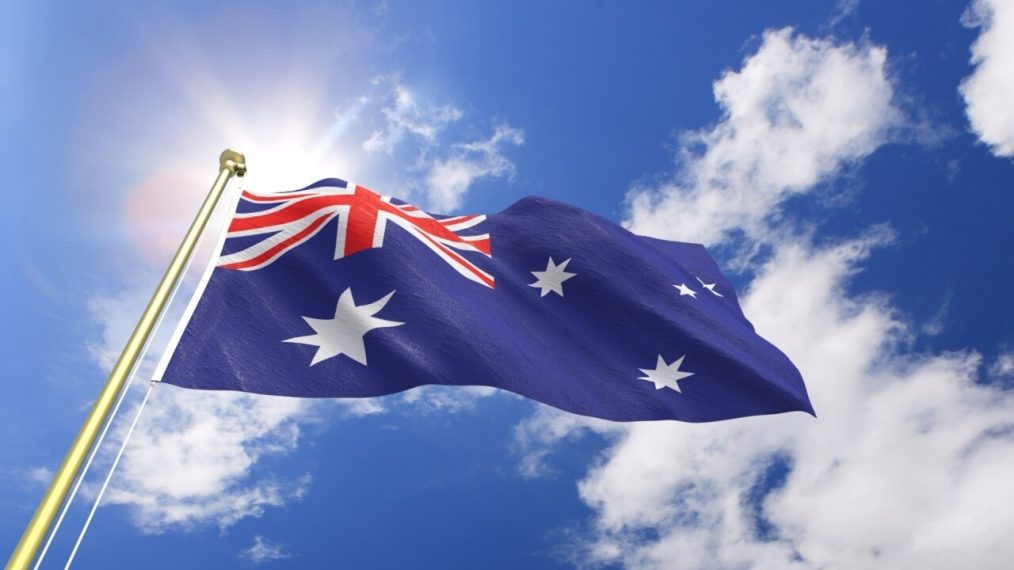The loss of the Tartus port represents a significant setback for Moscow’s strategic ambitions. The Russian Navy is likely to face reduced submarine operations in the Mediterranean Sea following the termination of its longstanding investment agreement with the company managing the Syrian port.
This facility, in operation since 1971, underwent extensive upgrades in recent years. In 2019, an agreement pledged $500 million for further development under a 49-year lease. However, the recent decision by Syria’s government has effectively ended Russia’s foothold in the region, leaving the navy to seek alternatives.
The withdrawal from Tartus is currently underway. Recent reports indicate that Russian vessels have been granted access to retrieve equipment, avoiding a complete blockade of evacuation efforts. While this allows for an orderly withdrawal, it marks a severe blow to Russian naval logistics.
Tartus had gained increased importance following the conflict in Ukraine, as it provided critical logistical and maintenance support for Russia’s Mediterranean fleet. With Turkey restricting access to the Black Sea through the Bosporus, the port’s strategic value was indispensable.
Without Tartus, the Russian Navy must either secure another base or scale back its Mediterranean presence. The port was uniquely capable of sustaining diesel-electric submarines, which require frequent refuelling and maintenance. These vessels, cheaper and quieter than nuclear-powered submarines, have formed a core component of Russia’s operations in the region.
Deploying nuclear-powered submarines is an alternative, but the Mediterranean’s limited entry points and heavy NATO presence make such a move highly risky. Furthermore, the logistical support needed for extended deployments would remain unresolved without a dedicated base.
Russia may consider Algeria as a potential host. The country has maintained strong ties with Moscow, reflected in ongoing military cooperation. However, balancing relationships with other North African nations could complicate negotiations.
Libya presents another possibility, but significant challenges exist. Any agreement would likely involve collaboration with a warlord who controls parts of the nation, which might provoke opposition from the UN-backed government. Moreover, the conditions of Libyan ports, weakened by years of conflict, are questionable. The ports’ capacity to handle Russian naval operations remains uncertain, and the political instability further deters long-term investment.
The loss of Tartus significantly diminishes Moscow’s ability to project power in the Mediterranean. Reduced submarine operations or reliance on ad hoc arrangements could undermine its naval presence in the region. As options narrow, Russia faces the prospect of recalibrating its strategic priorities, potentially signalling a shift in its regional influence.











